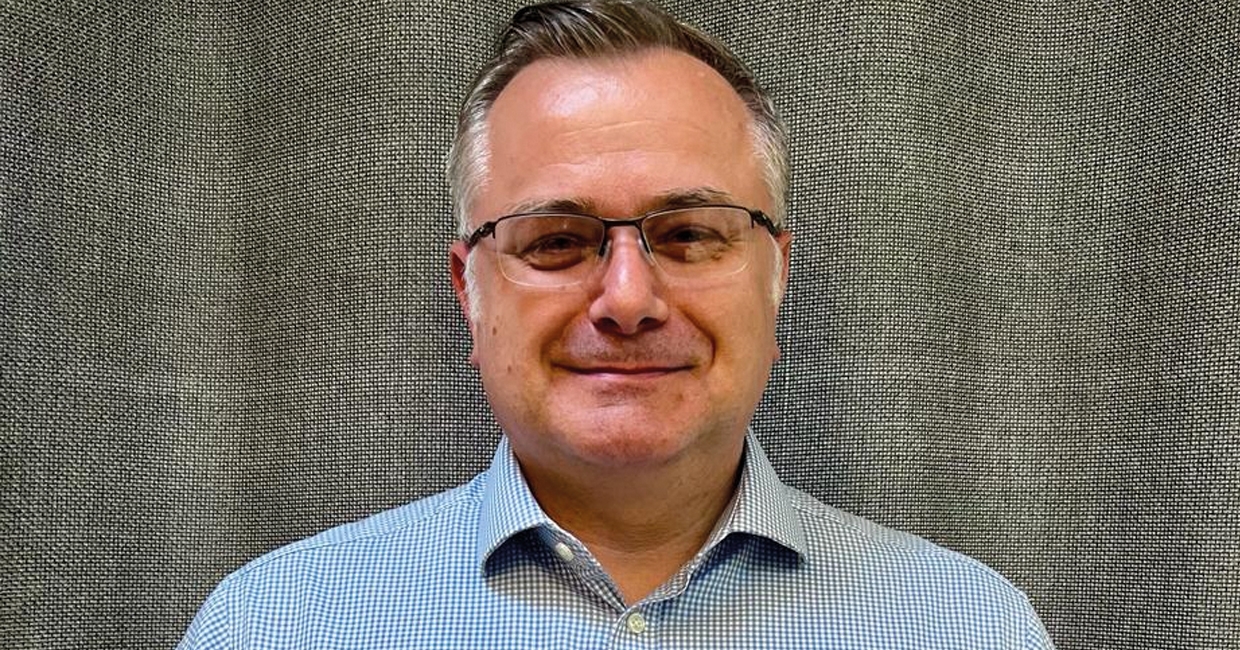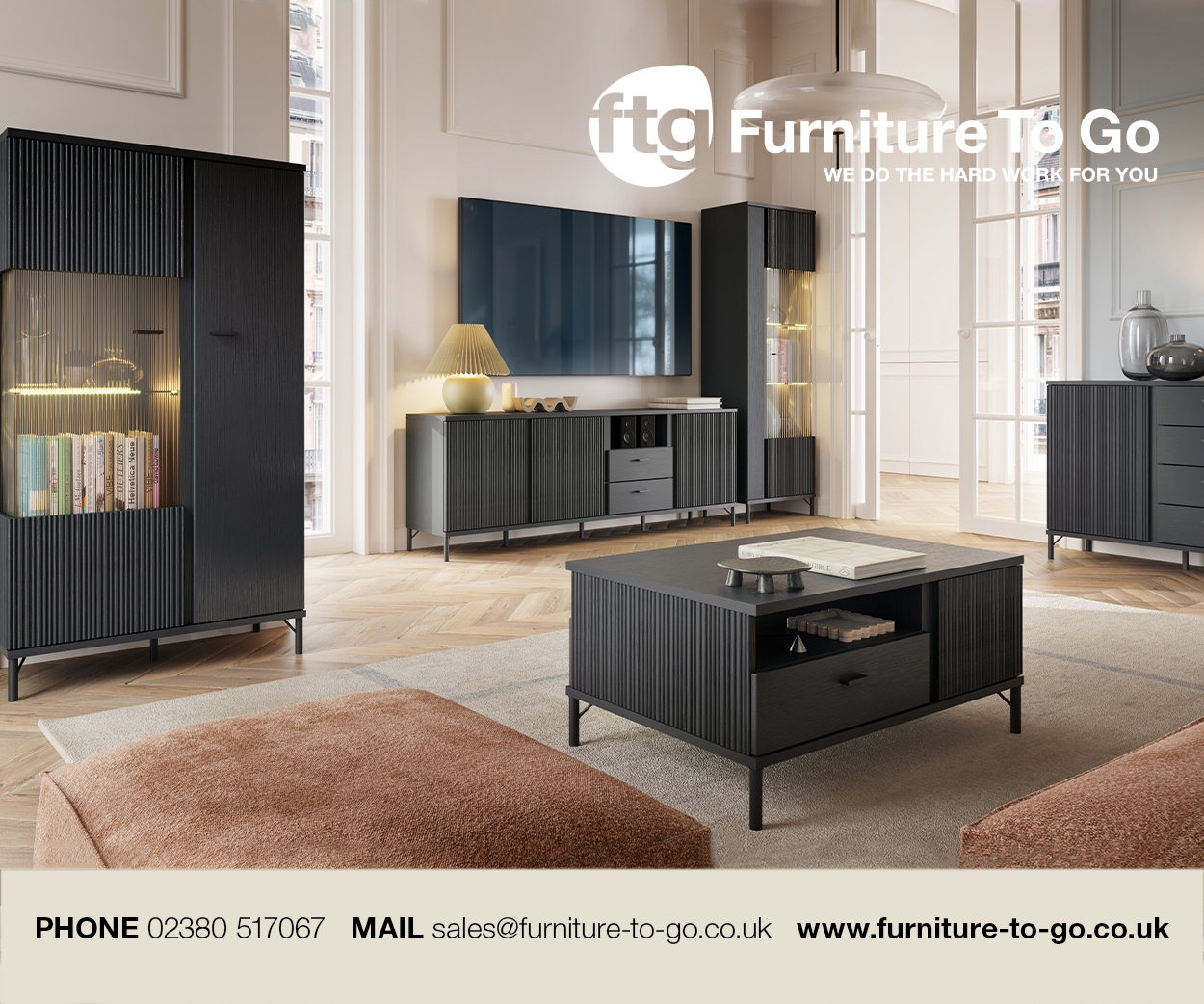Rob is the national sales manager at furniture supply giant Julian Bowen, which operates from a 129,120 sqft facility in Kirkby in Ashfield, Nottinghamshire. Although Rob now oversees a range of product categories, his background has seen him closest to beds and upholstery – prior to joining Julian Bowen early last year, he worked for bed brands including Breasley, Myer’s and Sealy.
How might a child describe what you do?
My own daughter used to think I visited my second family when she was younger and I was away, but now she knows I sell furniture.
What’s the biggest long-term challenge you face?
The supply chain changes have been horrendous over the past few years, and differing views on ‘living with Covid’ around the world have led to uncertainty , which is no good for retailer, consumer or wholesaler. A return to a calmer, forecasted position of trading would certainly see the biggest benefit for all in our industry.
If you had 10 x your working budget, what would you spend it on?
More warehousing for more stock.
What would be the title of your autobiography?
‘Director of Entertainment’.
What does ‘work/life balance’ mean to you?
You must be committed to the job, your staff and the needs of your customers. However, you can’t do this without a committed family behind you, with whom to enjoy your Sunday.
Who’s been your most influential professional mentor?
I have been very fortunate to work with some of the biggest families in the trade – more recently with the Crowshaws and Stuart Hibbert at Breasley, and before that with Jonathan and Rodney Myer. However, I still hold dearly and apply the principles I learnt over 25 years ago with John Hancock, Jeff Davies, Shane Harding and (particularly) Phil Dawson when I was at Sealy.
What advice would you give your younger self?
Go to bed earlier at the Silentnight shows.
What’s been your best day in business to date?
I have been doing this far too long to remember one particular day!
What’s the biggest myth about the industry?
That’s it’s a cottage industry. It’s a horrible phrase, that downplays the innovation and hard work that new product development teams put in. We have an industry that values traditional, hand-crafted techniques, and retails them alongside technology-led products and futuristic design and manufacturing.
What should everyone in our industry either stop or start doing?
Feature-led selling is the main fault in our industry. It’s horrible, adds cost, and pays no attention to the needs of the consumer or retail partner. That’s why the new bedding players have taken market share. We should be selling comfort, design and service for furniture and beds, rather than focusing on product features that are not customer targeted.
Where do you see the industry going in the next 5-10 years?
There will be little change if it sees itself as a cottage industry. If it does move forward, it will be embracing technology, with in-store AI presentations, more customer-focused partnerships and better delivery of products. We’ve got to be looking for continual improvement.
What question do you wished we’d asked, and how would you have answered?
Probably something around the decline of exhibitions, and ideas to drive them forward.
I would probably point out that you need to address the needs of your customers to achieve great sales and this, in my opinion, is the failure of all exhibition teams.
The shows would be great again if all wholesalers and manufacturers felt the need to go – therefore, fill the halls, and we need to go. Incentivise the clients, don’t drive costs up, be creative in their pitch, and work with our side to make the exhibitions big again – this would bring in the retailers , create buzz and turnover, and drive the need to go next year.
This interview featured in October's issue.







